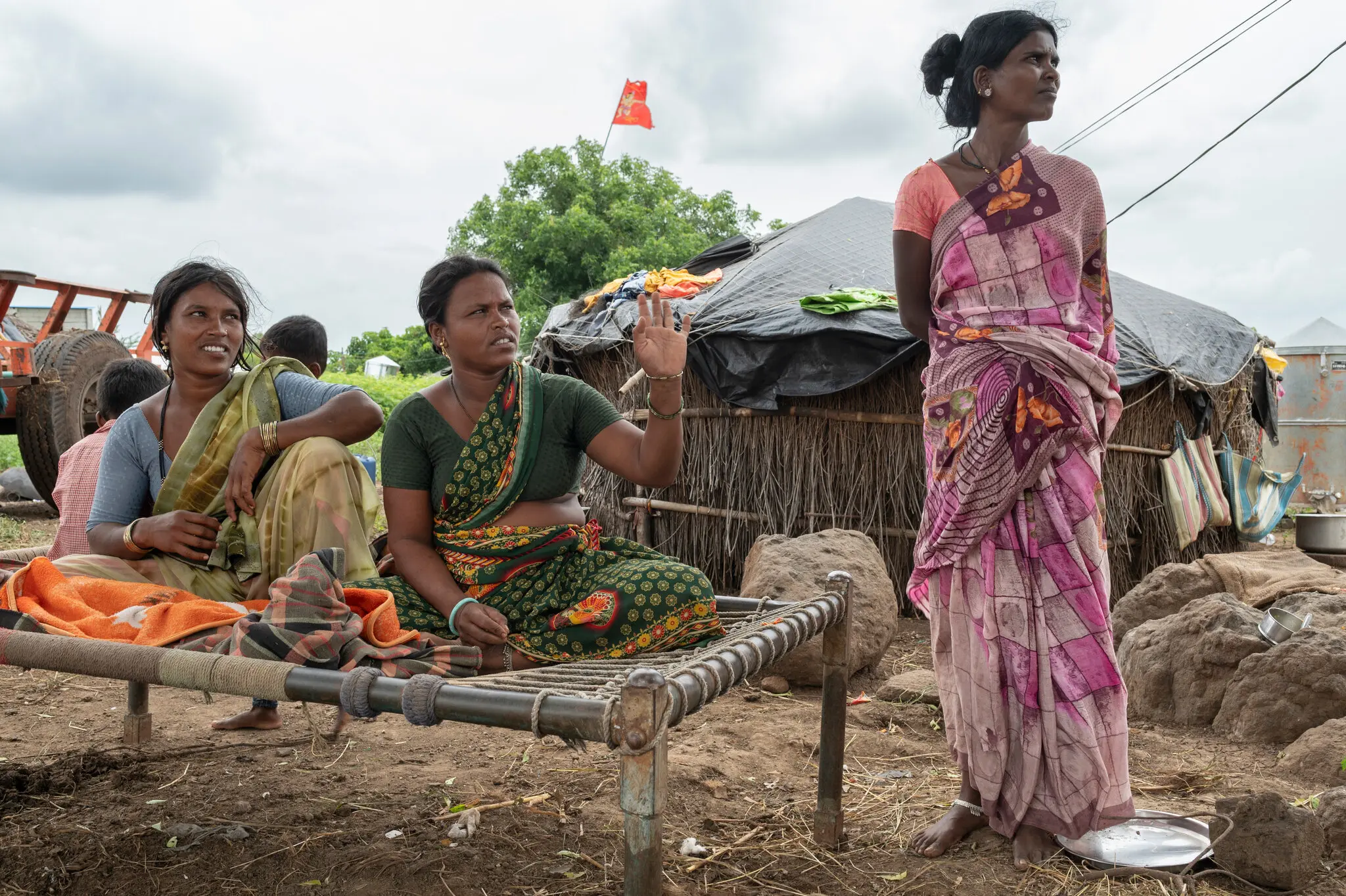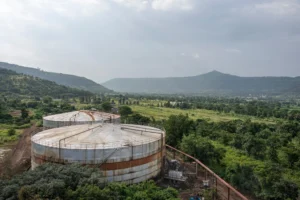By Arpita Roy Photographs by Saumya Khandelwal | Nov. 21, 2024 Updated 7:31 a.m. ET
Our correspondent explains how an exploitative labor system has produced a system of brutality in the country’s sugar fields.
My colleagues and I have spent months investigating the sugar industry in the western Indian state of Maharashtra. We’ve documented illegal underage marriage, brutal working conditions and a pattern of women being coerced into unnecessary hysterectomies.
One question kept coming up: If this industry is so abusive, then why don’t workers just leave?
The answer was darker than we could have imagined.
We obtained police reports and local government records, interviewed factory owners and collected the firsthand accounts of a half dozen families.
Together, they show that workers who tried to quit jobs harvesting sugar were threatened, beaten or abducted in retaliation. In at least one case, a laborer was killed. Some of the workers said that they had been held captive within sugar mills themselves.
They and their families told us that the authorities were of little help. Many still live in fear of further retaliation.
The root of this abusive system is something called debt bondage.
What is debt bondage?
Debt bondage is a type of forced labor. It describes any system where people must work to pay off their own debts or ones they have inherited. Often, spouses and children are considered liable too.
The practice, which is also known as bonded labor, is an internationally recognized human rights violation that is banned by Indian law and by the International Labor Organization.
In Maharashtra, sugar cane cutters do not receive wages. Instead, they receive advances at the beginning of each harvest from contractors working for sugar mills. They repay these advances with their work.
These lump-sum payments help with big expenses, like home repairs and medical expenses. But because the advances generally come with no written documentation, the contractors end up with total control over when and how much cane cutters work.
That results in brutal conditions, with laborers working in extreme heat from dawn until dusk. Children, who are unpaid, are often forced to pitch in, either by cutting cane or by doing chores like fetching water.
Every worker we interviewed told us that debt dominated their lives and forced them to keep coming back year after year to cut sugar.
Even the contractors we spoke to agreed. They told us that it was pretty much impossible for workers to repay an advance within a single harvest season, no matter how hard or long they worked.
Because this is all off the books, if a contractor says a laborer didn’t work hard enough one season and owes money, there’s no way to disprove the claim. So, inevitably, the debt rolls over into the following year, and workers must return — even when they want to leave.
Why would that lead to hysterectomies?
Many workers told us that they would like to migrate to cities to find different types of jobs or even to farm other crops. But the debt keeps them trapped.
Sanitary conditions in sugar cane fields are so bad — with no running water, shelter or toilets — that menstruation while working is incredibly difficult. Women said they had little access to pads or tampons, and no place to throw them away.
Seeing a doctor means more than simply falling behind with work. Women have to pay for the privilege of a day off.
So in Maharashtra, female laborers face pressure to get hysterectomies even for minor gynecological ailments. Many view it as a way to stop menstruation or as a drastic form of cancer prevention, which is seen as a death sentence in such remote areas.
To pay for hysterectomies in private hospitals, many families borrow from their employers — money they’ll have to repay with even more work.
Is anyone doing anything about this?
Multinational companies like Coca-Cola and Pepsi that source sugar in Maharashtra explicitly say that they do not use debt bondage in their supply chains — but the practice is widespread in the state. A court-appointed government fact-finding team found last year that the sugar industry relied on an extensive system of bonded labor.
None of the companies we spoke to would comment on that. Maharashtra accounts for a third of sugar production in India, the world’s second-largest sugar producer, after Brazil. So companies have an incentive to keep that supply chain running.
Many local politicians deny that debt bondage occurs. They, too, have a financial incentive. We previously found that a majority of the state’s sugar mills are controlled by local political figures.
A court case over the treatment of sugar workers is pending, but the case is moving slowly through India’s notoriously backlogged court system.




Be First to Comment